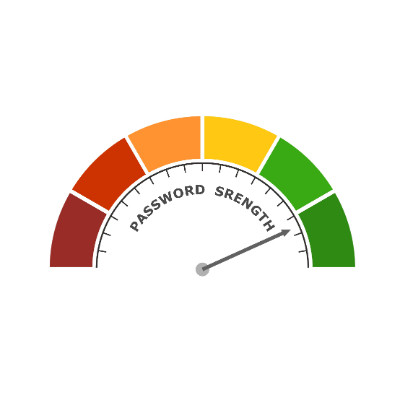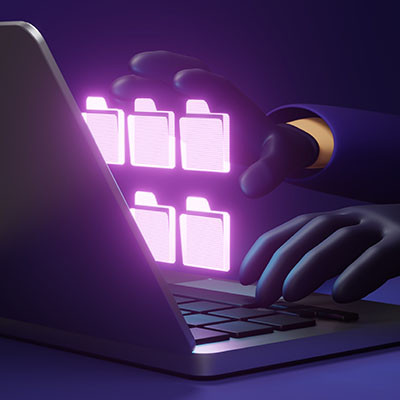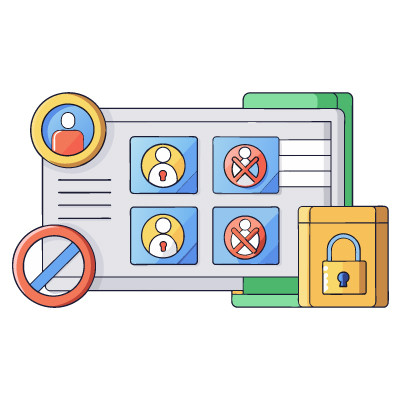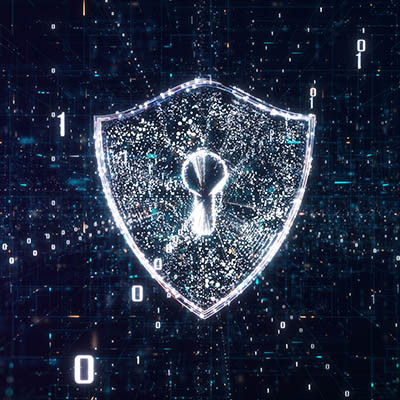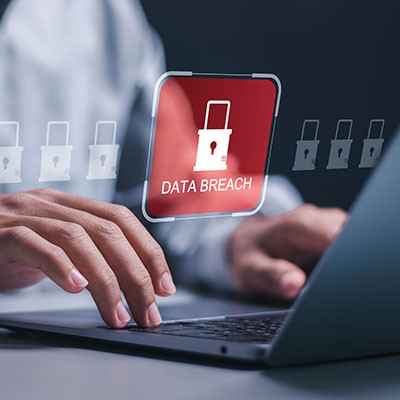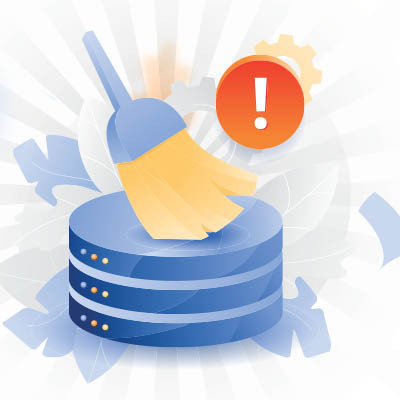Indevtech Blog
In the interest of communicating how critical proper business cybersecurity is to manage, we’ve decided to take a different approach and put forth a scenario in the form of a daytime soap. As such, please feel free to read this post with dramatic music playing in the background and all dialogue imagined with elevated intensity.
In the town of Oak Falls, life seems peaceful… but under the surface, tension persists. Secrets run amok, and with so much information to take in, everyone has to worry about the Strength of Our Passwords.
How much data do your devices contain about your life? What would you do if law enforcement suddenly wanted access to it? Even if you’re a typical law-abiding citizen, you want to prioritize data privacy, but businesses also have an obligation to handle consumer information in a responsible way. Here’s what you need to know about law enforcement and access to your data.
What happens to all the data that gets stolen by hackers during their despicable campaigns? Sometimes it gets destroyed, but more often than not, it ends up on the Dark Web, where it’s put to other nefarious purposes. Today, we want to discuss the Dark Web and why it’s so important you monitor it for your business’ data.
While most browsers offer a bookmark feature, allowing a user to save certain web pages for repeated viewing, Google Chrome adds to this with an added functionality: Google Saved.
Previously known as Google Collections, Google Saved gives users a convenient place to keep track of things they want to return to later… similar to a bookmark, but more so.
If you have the guts to start a business, having it succeed is a massive reward, especially considering how much work you’ve had to do to make that a reality. Unfortunately, for businesses worldwide, all that hard work and dedication could be destroyed after a cyberattack. This month, we'll discuss how exactly cyberattacks ruin an otherwise successful business.
If you’re a regular reader of this blog, you’ve probably come across articles on blockchain before. This week, we're shifting gears to explore a new topic: should cryptocurrency, which is enabled by blockchain technology, be subject to taxation by state, federal, and international authorities? Let’s dive into what blockchain is, how it supports cryptocurrency, and the ongoing debate about potential taxation.
Let me ask you this: would you trust every one of your team members with a key to your house? Of course not, right? After all, what if someone lost their copy or had it stolen from them?
So, if you wouldn’t trust your entire team with access to your home, why on earth would you trust them with carte blanche access to your entire business and all of its data?
That’s just it… you wouldn’t.
Having your team connected through mobile, especially with access to collaboration and communication tools, is the new normal in business. Many organizations take advantage of the ubiquity of smartphones and either provide mobile devices to their staff or utilize the built-in options on many of today’s newest mobile OSs that allow them to put an encrypted work profile on; effectively adding mobility to your business without a huge capital investment. Regardless of what option you choose, you need to have management software in place if you are going to trust your employees to have access to company information outside of the office.
Over a quarter of all data breaches target small businesses, and the cost of a breach can be devastating. To protect your business’ data and infrastructure, small businesses need a combination of effective technology tools and well-planned strategies. Here are some key steps your business can take to safeguard itself against digital theft.
Businesses face numerous challenges, many of which arise internally. Whether your business is dealing with cybersecurity threats, unhappy customers, or unreliable suppliers, leaders must navigate every threat. Among these, internal issues can often be the most disruptive. In this blog, we'll focus on two critical employee-related challenges that can significantly hinder business operations.
We haven’t been shy about how essential data backups are, simply because there is always the chance that your business will encounter some form of disaster… but, what if something interferes with these backups?
This danger is one reason that immutable backups are utilized. Let’s go over what this means, and how it helps.
Data fuels business, but we also share a large amount of data even in our personal lives. Even the most benign communications, like chats, requests to stop by the store on your way home, and even memes or pet pictures, are considered data—and where there’s data, there’s a place where it’s stored.
Today’s question: do you know where your data is being stored? And do you know the impact of that storage?
Businesses are constantly seeking the best ways to utilize their data. Whether developing a business intelligence strategy, integrating artificial intelligence, or conducting simple analytics, having accurate and reliable data is crucial. Without it, insights can be misleading and costly. Therefore, understanding how to scrub or clean your data is essential. Clean data is vital for anyone involved in business intelligence or AI. Today, we will explore this topic and provide a simple guide to get you started.
When someone mentions cookies, people usually think of delicious treats like gingersnaps, snowballs, or the world famous chocolate chip. But what about browser cookies? While they may not be tasty, they certainly deserve your attention. You've likely encountered website popups asking for cookie permissions, and understanding what you're agreeing to is crucial. In today’s blog, we'll explain what browser cookies are, how they work, and why they are sometimes more beneficial than the sweet kind..
Firewalls are stalwarts in network security. They serve as a protective barrier between trusted internal networks and potentially hazardous external ones, such as the vast expanse of the Internet. Essentially, they act as vigilant gatekeepers, scrutinizing each packet of data attempting to traverse their domain. Let’s briefly discuss the diverse types of firewalls and their pivotal roles.


